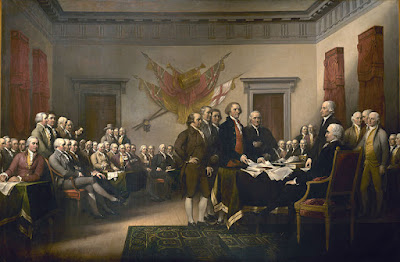Scientific theories must be testable. But if both results are believed to “prove” one right …
Suppose I told you that something really crazy happened last night. Specifically, at midnight last night, everything in the universe “shrank to one-half its original dimensions.” If you were to get a yardstick, you’d see that the size of certain nearby objects has changed in the manner claimed. If so, then that would prove me right. But, if the yardstick appeared to show that the size was the same as before, then it’s because the yardstick also “shrank” as well. Thus, my hypothesis has still not been disproved – in fact, it gets “proved” either way! If you test something scientifically, then this has to be “valid” science, after all. To get a “valid” scientific hypothesis, all you have to do is to test that hypothesis, right? I mean, that’s “all” that’s required for something to be scientific.
… then it’s still not science, because there has to be some possible result that could prove it wrong
The problem with this argument is that testability alone is not sufficient. The hypothesis also has to be falsifiable. That is, you have to be able to conceive of a scenario where your hypothesis could be proven false – that is, where it could be “falsified.” If you believe that either of two opposite results would “prove” your own point of view, then you’re still not doing science. Your hypothesis may still be testable, but the test is unscientific, because its advocates cannot conceive of a result that disproves the hypothesis by their own standards. If you’re trying to determine which of two movies is “inherently better,” this kind of thing doesn’t have to be scientific. Subjective claims like this are allowed to be unscientific – not to be confused with being anti-scientific, which means something else. The problems come when theories that are not scientific are claiming to be such, like the earlier claim about the universe shrinking. This is a different kind of claim from one movie being “inherently better” than the other. The shrinking-universe hypothesis claims to be objective, and thus crosses the line into the territory of pseudoscience. The shrinking-universe hypothesis is much more deserving of censure than those theories that never claimed to be “scientific” in the first place. When you claim to be “scientific,” you need to be able to back up this claim.






